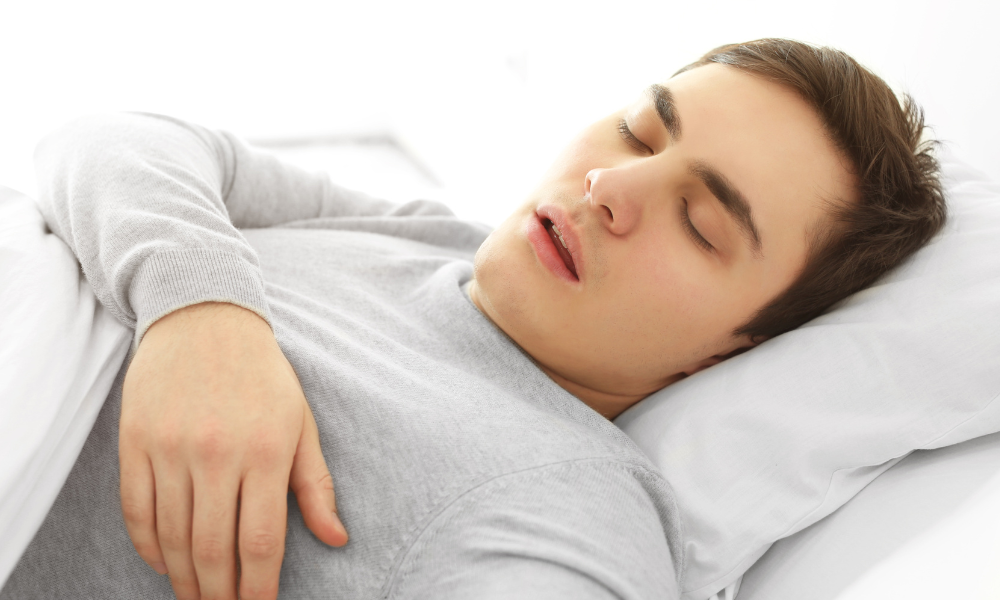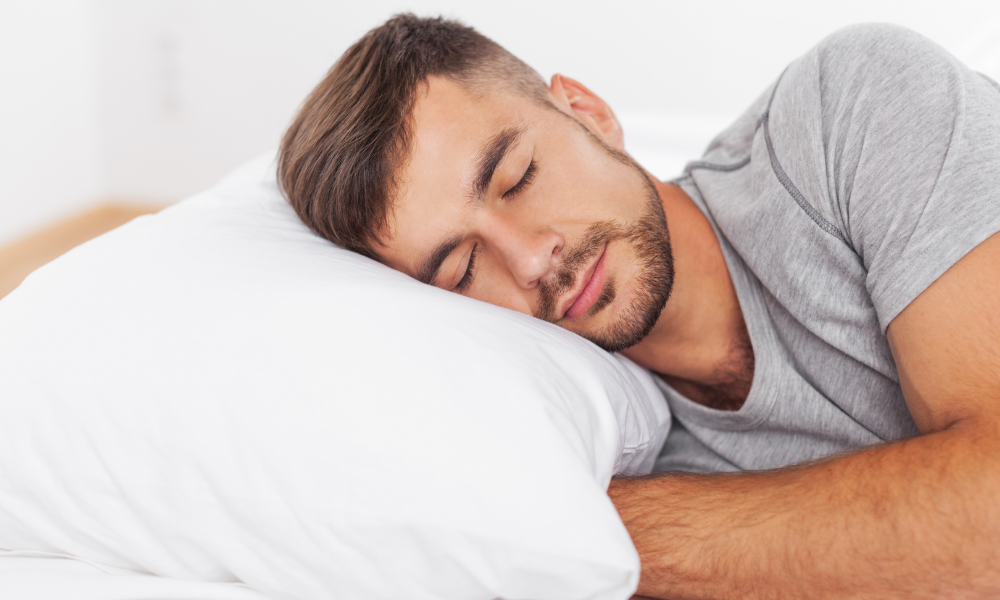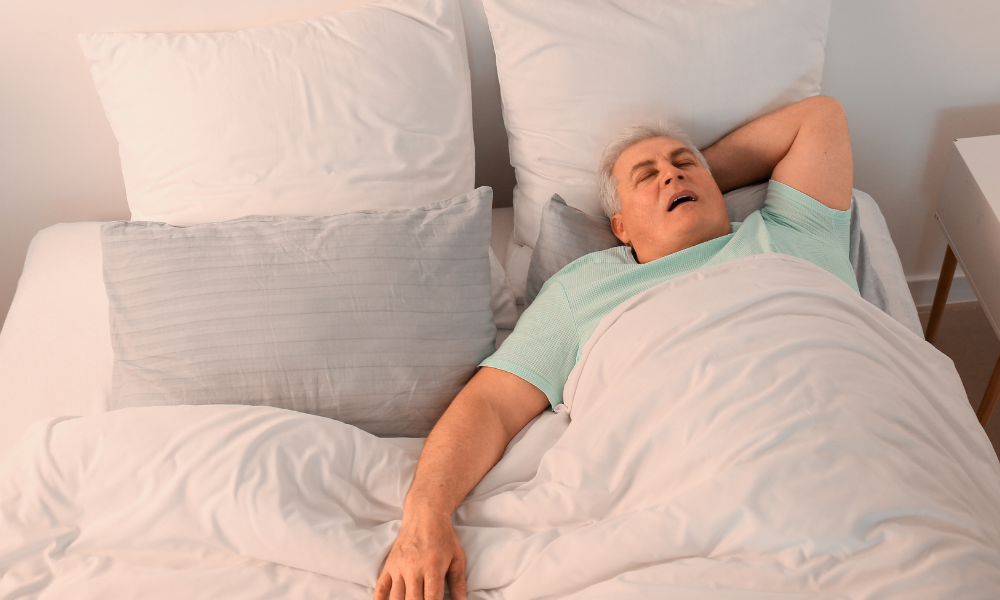
Introduction:
Chronic orofacial pain conditions, such as temporomandibular joint disorders (TMD/TMJ), myofascial pain, atypical tooth pain, trigeminal nerve disorders, and neurovascular and neuropathic pain, can significantly impact an individual's quality of life. Achieving lasting pain relief requires a comprehensive approach that includes medical care, stress management, proper nutrition, and often, physical therapy. At Columbia TMJ and Pain, Dr. Bloxham emphasizes the importance of incorporating physical therapy as a key component of an integrative treatment plan for managing orofacial pain conditions and promoting long-term pain relief.
Physical therapy can serve as an effective treatment option for individuals suffering from orofacial pain conditions by addressing the root cause of the pain, such as muscle imbalances, joint dysfunction, and postural issues. Through targeted exercises, stretches, and manual therapies, physical therapy can help to alleviate pain symptoms, improve function, and enhance overall quality of life.
In this article, we will explore the benefits of physical therapy in treating orofacial pain conditions, including TMD/TMJ disorders, and discuss how it can facilitate long-lasting relief and improved function. By understanding the important role of physical therapy in the treatment and management of orofacial pain, individuals can make informed decisions about their care and optimize their treatment outcomes.
Benefits of Physical Therapy for Orofacial Pain Conditions
- Alleviating Pain Symptoms
Physical therapy plays a crucial role in reducing pain symptoms for individuals suffering from orofacial pain conditions. Skilled physical therapists can employ a range of techniques, including manual therapy, therapeutic exercises, and modalities, such as ultrasound or electrical stimulation, to target pain sources and alleviate symptoms. These therapies help to decrease inflammation, improve joint mobility, and enhance muscle strength and flexibility. - Restoring Function and Mobility
Orofacial pain conditions, particularly TMD/TMJ disorders, can significantly impair an individual's ability to perform everyday tasks, such as eating, talking, or even smiling. Physical therapy can address these functional deficits by focusing on exercises and stretches that target the specific muscles, joints, and structures involved in these movements. By restoring function and mobility, physical therapy can significantly improve an individual's quality of life. - Correcting Muscle Imbalances and Postural Issues
Muscle imbalances and postural issues are common contributors to orofacial pain conditions. Physical therapy is an effective method for addressing these underlying factors, as it involves identifying any muscle weaknesses, tightness, or asymmetries that may be present. Through targeted strengthening and stretching exercises, physical therapists can help individuals achieve better muscle balance and improved posture, ultimately helping to alleviate pain and reduce the risk of future problems. - Facilitating Recovery from Surgical Procedures
In some cases, individuals suffering from orofacial pain conditions may require surgical intervention as part of their treatment plan. Physical therapy can be an invaluable component of post-operative care, as it facilitates healing and promotes a faster return to normal activities. By working together with your surgeon and physical therapist, individuals can optimize their recovery process and ensure the best possible outcomes.
Integrating Physical Therapy into Your Orofacial Pain Treatment Plan
- Consult with Your Healthcare Provider
Before embarking on a physical therapy treatment plan, it is vital to consult with your healthcare provider, such as Dr. Bloxham at Columbia TMJ and Pain, to ensure that this therapy is appropriate for your specific orofacial pain condition. Your provider can offer guidance and recommendations on the best course of action to address your individual needs. - Find a Specialized Physical Therapist
It is essential to find a physical therapist with expertise in treating orofacial pain conditions, particularly TMD/TMJ disorders. These specialists are better equipped to understand the unique challenges associated with orofacial pain and can design targeted treatment plans to address these issues effectively. - Follow Your Treatment Plan Consistently
Adhering to your physical therapy treatment plan consistently is crucial for achieving optimal results. Be sure to follow your therapist's recommendations for exercises, stretches, and other therapies, both during your sessions and at home.
Incorporating physical therapy into your orofacial pain treatment plan can offer significant benefits, including alleviating pain symptoms, restoring function and mobility, correcting muscle imbalances and postural issues, and facilitating recovery from surgical procedures.
By understanding the important role of physical therapy in treating orofacial pain conditions and collaborating with your healthcare providers, such as the Columbia Center for Sleep Apnea and TMJ, and a specialized physical therapist, you can optimize your treatment outcomes and take a crucial step toward long-lasting pain relief and improved quality of life. Contact us today to discuss the best
TMJ treatment in Richland!
Disclaimer: Our blog articles serve to educate readers about various treatment options for sleep apnea and TMJ disorders. It's important to understand that while we discuss multiple treatments in our posts, not all of these options may be accessible at our clinic. We encourage you to reach out and schedule a consultation with us. This way, we can carefully devise a personalized treatment plan that caters to your specific needs.











